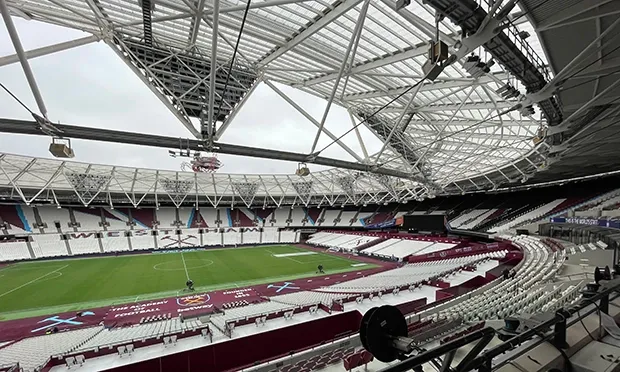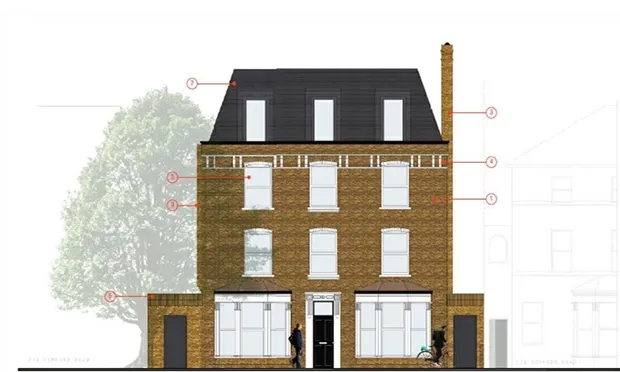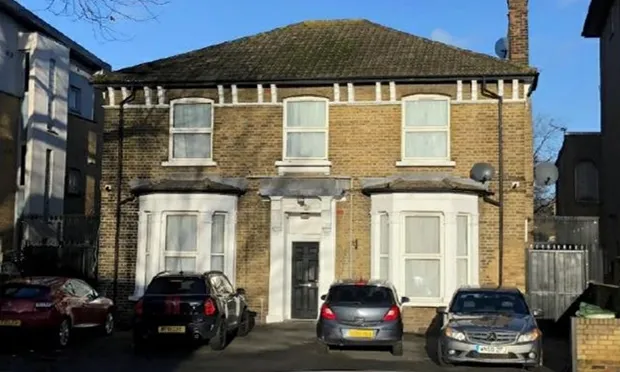Table of Contents
A vast ‘solar membrane’ covering the roof of London’s former Olympic stadium has been granted planning permission and will start construction imminently.
The £4.35m project at the arena – now known as the London Stadium and home to West Ham United – will transform it into “one of the world’s greenest sports and concert venues”.
Plans for the web of solar panels were first revealed by the Standard last year, when Mayor Sadiq Khan’s office revealed it had contributed £45,000 towards a feasibility study and business case for the project.
The scheme, put forward by the London Legacy Development Corporation (LLDC), went on to receive a loan from the mayor’s Green Finance Fund, and was granted planning permission on September 24 this year.
The installation will consist of 6,500 square metres of panels, enabling the stadium to save more than 200 tonnes of carbon emissions a year and to generate enough energy to power all the venue’s major events.
The panels’ total annual output is expected to be in the region of 850,000-kWh, equivalent to the power used for 20 football matches, four concerts, two MLB games and one international athletics meet.
The LLDC estimated last year that the project will drive savings for the stadium of up to £350,000 annually.
The lightweight ‘membrane’ design was required to minimise the panels’ heaviness on the roof, maximise energy generation and ensure compliance with fire regulations.
The installation will be completed by summer 2025 and start generating electricity immediately.
Mete Coban, London’s deputy mayor for environment and energy, said: “These solar panels are a game changer for the London Stadium, turning it into one of the world’s greenest sports and concert venues and hugely reducing its energy use and running costs.
“The mayor’s Green Finance Fund offers exciting opportunities to help public sector bodies lower their carbon footprint and become more sustainable, and I encourage organisations to get involved as the next round of funding opens and we continue to build a greener, fairer London for everyone.”
Graham Gilmore, chief executive of the stadium’s operator, LS185, said: “We are committed to becoming one of the most sustainable live event venues in the world…
“This ambitious large-scale investment will reduce our energy costs, but most importantly our carbon footprint. We are proud to take the lead in tackling climate change, and especially pleased to be able to power concerts and other event days from energy generated on-site.”





